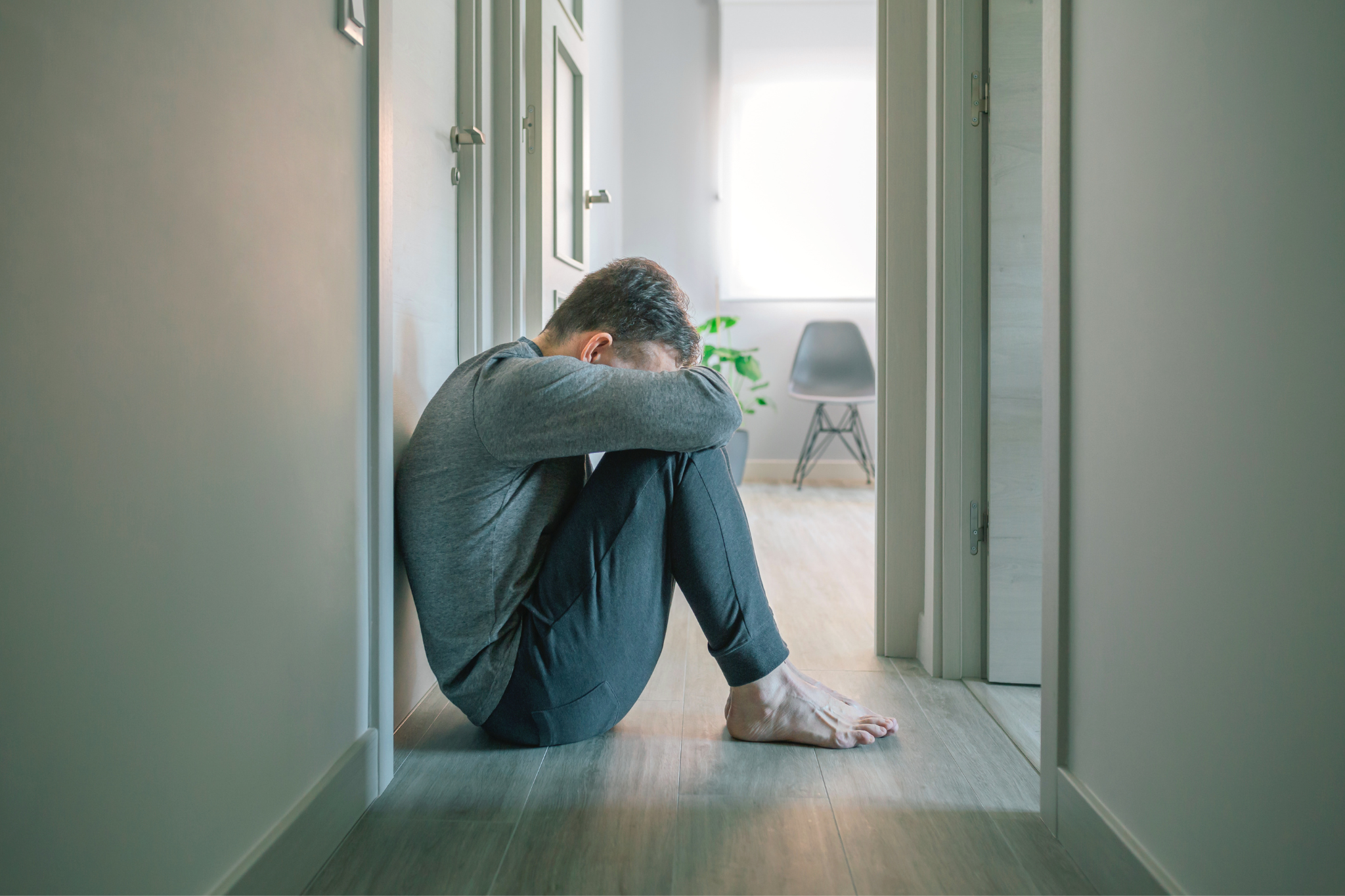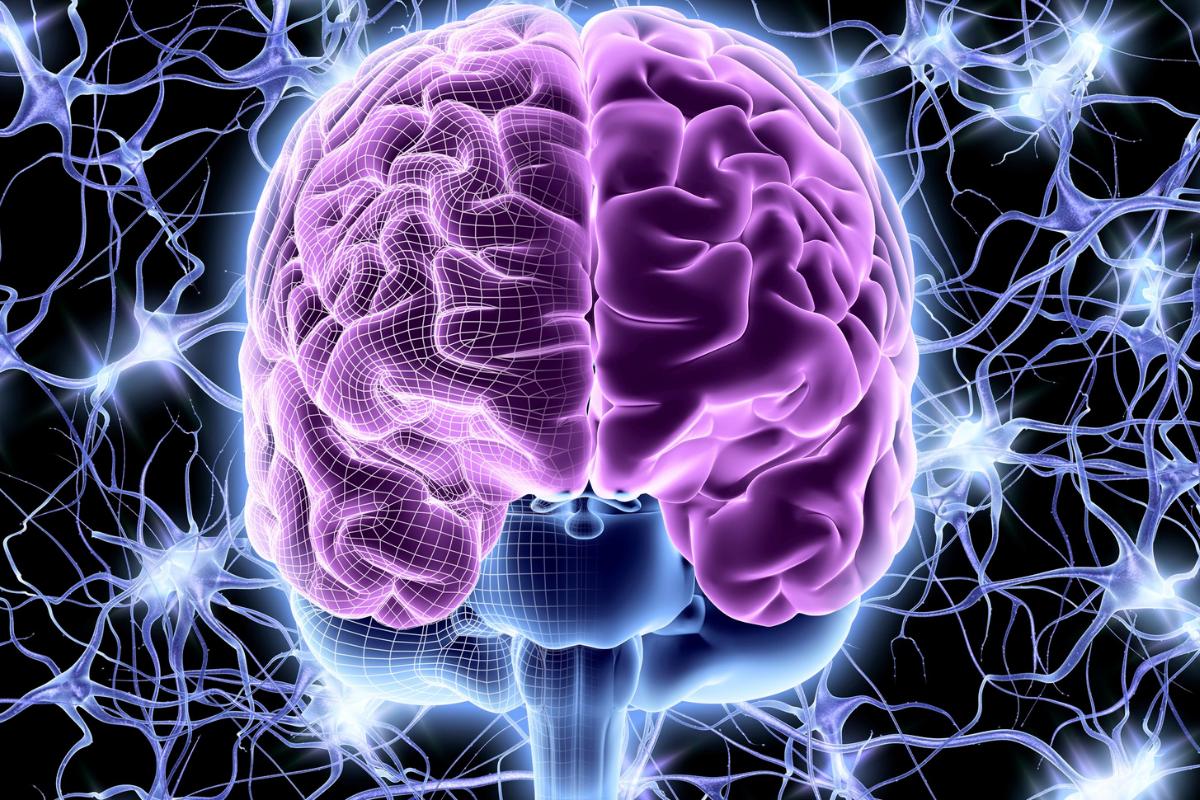By Dr. Petrus Raulino
The prevalence rate of depression in women is twice as high as in men.
Consequently, the likelihood of a woman being diagnosed with depression is double that of men.
Although men are less likely to be diagnosed with depression, the rate of suicide is three times higher than among women.
It is known that one of the strongest risk factors for suicide is depression in men, imbued with attitudes that make it difficult to seek mental health treatment.
Is depression less common in men?
On the one hand, there are differences between men and women in terms of neurobiology, the endocrine system and the response to stress which may explain, at least in part, differences in mood variation and possibly in the prevalence of depression.
There are also differences in the genetic profile regarding synaptic function and inflammatory activity of microglial cells in men with depression compared to women with depression.
Add to this cultural differences that influence expectations of what is expected of a man or a woman. All these differences could explain the higher occurrence of depression in women.
Is depression less detectable in men?
On the other hand, a different interpretation is also possible. It is plausible that men are just as affected by depression as women, but in a "masked" way.
Cultural beliefs about the male role, together with biological factors, can lead men to express depression in a different way, less detectable to their own eyes.
A depressed man is more likely to talk about his physical symptoms than his feelings. This may be one of the reasons why doctors sometimes fail to recognize depression in men.
Depression in men can take the form of physical symptoms, irritability, aggression, impulsiveness and sudden anger.
Some studies have shown that men are less likely than women to report symptoms such as loss of libido, excessive self-censorship or sleep disturbances.
In addition, men tend to cope with the symptoms of depression with beliefs of self-sufficiency, working excessively, consuming alcohol or avoiding thinking about the symptoms, minimizing them. These escapist strategies mask symptoms, but do not resolve them.
There is evidence that only 8.5% of men with depression are engaged in treatment with qualified professional mental health support. In other words, the vast majority of men with depression are not receiving adequate treatment.
Depression is a treatable condition and its non-identification among men unnecessarily brings a burden that in practice is avoidable.
The importance of this topic
Assessing and addressing the symptoms of male depression can help reduce somatic symptoms, risk behaviors and suicide risk.
Due to a lack of adequate scientific knowledge, many men find it difficult to ask for help when they are depressed. It should be made clear that depression is the result of neurochemical changes, sometimes resulting from living in a demanding and stressful world. It has nothing to do with being weak or having failed.
Being comfortable disclosing mood-related problems to the doctor is an important first step in demystifying treatment and adjusting self-sufficient attitudes.
The recommendation is clear: don't try to resist depression on your own. Seek qualified care to benefit from the best for your health. There is no health without mental health.
References
Rice, S. M., Oliffe, J. L., Kealy, D., Seidler, Z. E., & Ogrodniczuk, J. S. (2020). Men's Help-Seeking for Depression: Attitudinal and Structural Barriers in Symptomatic Men. Journal of primary care & community health, 11, 2150132720921686.
Stiawa, M., Müller-Stierlin, A., Staiger, T., Kilian, R., Becker, T., Gündel, H., ... & Krumm, S. (2020). Mental health professionals view about the impact of male gender for the treatment of men with depression-a qualitative study. BMC psychiatry, 20, 1-13.
Seney, M. L., Huo, Z., Cahill, K., French, L., Puralewski, R., Zhang, J., ... & Sibille, E. (2018). Opposite molecular signatures of depression in men and women. Biological psychiatry, 84(1), 18-27.
Salk, R. H., Hyde, J. S., & Abramson, L. Y. (2017). Gender differences in depression in representative national samples: Meta-analyses of diagnoses and symptoms. Psychological bulletin, 143(8), 783.
Cavanagh, A., Wilson, C. J., Kavanagh, D. J., & Caputi, P. (2017). Differences in the expression of symptoms in men versus women with depression: a systematic review and meta-analysis. Harvard review of psychiatry, 25(1), 29-38.
Seidler, Z. E., Dawes, A. J., Rice, S. M., Oliffe, J. L., & Dhillon, H. M. (2016). The role of masculinity in men's help-seeking for depression: a systematic review. Clinical psychology review, 49, 106-118.
Busch, M., Maske, U., Ryl, L., Schlack, R., & Hapke, U. (2013). Prevalence of depressive symptoms and diagnosed depression among adults in Germany. Bundesgesundheitsblatt - Gesundheitsforschung - Gesundheitsschutz 5/6, 733-9.
Solomon, M. B., & Herman, J. P. (2009). Sex differences in psychopathology: of gonads, adrenals and mental illness. Physiology & behavior, 97(2), 250-258.
Branney, P., & White, A. (2008). Big boys don't cry: Depression and men. Advances in Psychiatric Treatment, 14(4), 256-262.
Brownhill, S., Wilhelm, K., Barclay, L., & Schmied, V. (2005). 'Big build': hidden depression in men. Australian & New Zealand Journal of Psychiatry, 39(10), 921-931.
Andrade, L., Caraveo?Anduaga, J. J., Berglund, P., Bijl, R. V., Graaf, R. D., Vollebergh, W., ... & Wittchen, H. U. (2003). The epidemiology of major depressive episodes: results from the International Consortium of Psychiatric Epidemiology (ICPE) Surveys. International journal of methods in psychiatric research, 12(1), 3-21.
Krug, E. G., Mercy, J. A., Dahlberg, L. L., & Zwi, A. B. (2002). The world report on violence and health. World Health Organization.







